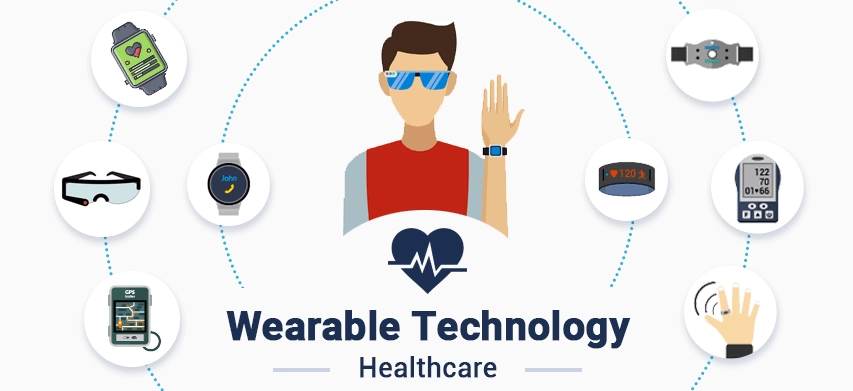The Impact of Wearable Health Devices on Patient Monitoring

In recent years, the healthcare landscape has witnessed a remarkable transformation with the advent of wearable health devices. These compact, technologically advanced gadgets are revolutionizing patient monitoring by providing real-time data on vital signs and chronic conditions. From fitness trackers to smartwatches equipped with health monitoring features, these devices have become integral tools in the quest for proactive healthcare management. This article delves into the impact of wearable health devices on patient monitoring, highlighting their benefits, challenges, and future prospects.
Enhanced Vital Sign Monitoring
Wearable health devices offer unparalleled convenience and accuracy in tracking vital signs such as heart rate, blood pressure, respiratory rate, and even oxygen saturation levels. Unlike traditional monitoring methods that require periodic visits to healthcare facilities, these devices provide continuous monitoring, offering a comprehensive picture of an individual's health status. This real-time data empowers both patients and healthcare providers to detect abnormalities promptly, facilitating timely interventions and reducing the risk of complications.
Management of Chronic Conditions
For individuals living with chronic conditions such as diabetes, hypertension, and cardiovascular diseases, continuous monitoring is crucial for effective management. Wearable health devices equipped with sensors and algorithms can monitor various parameters relevant to these conditions, such as blood glucose levels, activity levels, and sleep patterns. By seamlessly integrating into daily life, these devices enable patients to monitor their health proactively, make informed lifestyle choices, and adhere to treatment regimens more effectively. Moreover, the data generated by these devices can be shared with healthcare professionals, facilitating remote monitoring and personalized care.
Empowering Patients
One of the most significant impacts of wearable health devices is their ability to empower patients to take control of their health. By providing access to personalized health data in real-time, these devices promote self-awareness and encourage individuals to adopt healthier behaviors. Moreover, many wearable devices feature interactive interfaces and feedback mechanisms that engage users in their healthcare journey. Whether it's setting fitness goals, tracking progress, or receiving motivational reminders, these features foster a sense of ownership and accountability, motivating individuals to stay on track with their health goals.
Challenges and Considerations
While wearable health devices offer numerous benefits, they also present challenges and considerations that need to be addressed. Privacy and security concerns regarding the collection and storage of health data are paramount, requiring robust encryption and data protection measures. Moreover, the accuracy and reliability of wearable sensors need to be validated through rigorous testing and clinical studies to ensure their clinical utility. Additionally, disparities in access to these devices and technological literacy may exacerbate existing healthcare inequalities, necessitating efforts to promote inclusivity and accessibility.
Future Directions
The future of wearable health devices holds immense promise, with ongoing advancements in sensor technology, data analytics, and artificial intelligence. Miniaturization of sensors and integration of novel biometric markers could further expand the capabilities of these devices, enabling more comprehensive health monitoring. Moreover, the integration of wearable devices with telehealth platforms and electronic health records could streamline care delivery and enhance care coordination. As wearable technology continues to evolve, its role in patient monitoring is poised to become increasingly indispensable in shaping the future of healthcare.
Wearable health devices represent a paradigm shift in patient monitoring, offering unprecedented opportunities for proactive healthcare management. By enabling continuous monitoring of vital signs, facilitating the management of chronic conditions, and empowering patients to actively participate in their health, these devices are revolutionizing the way healthcare is delivered and experienced. However, addressing challenges related to privacy, accuracy, and accessibility is crucial to realizing the full potential of wearable health devices. With ongoing innovation and collaboration between stakeholders, wearable technology has the potential to transform healthcare delivery and improve patient outcomes on a global scale.






